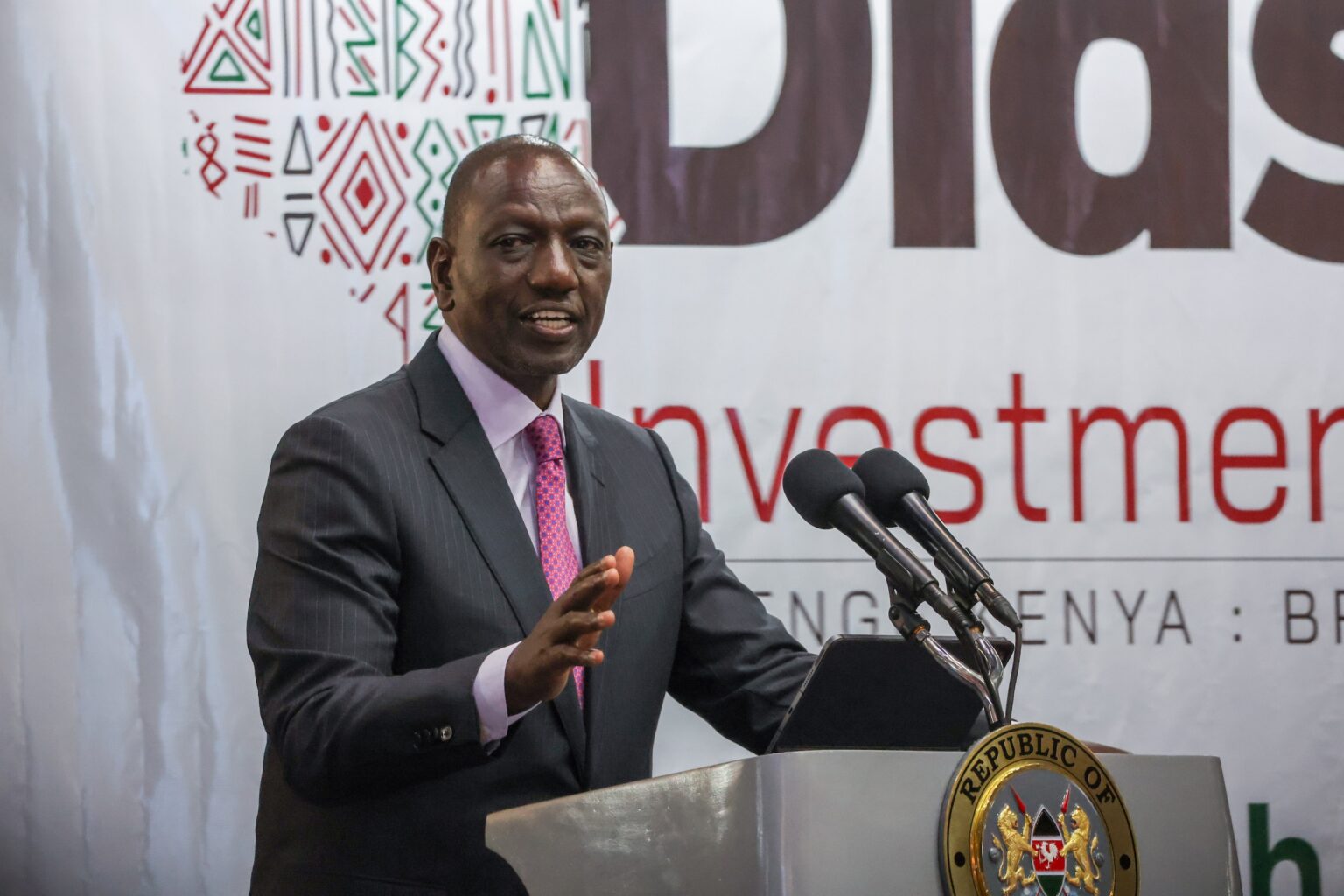In a statement made on Wednesday in Niamey, the United States expressed its willingness to renew cooperation with Niger, contingent upon the military regime that seized power in a coup at the end of July committing to a notably brief transition period.
Following the July 26 coup that ousted elected President Mohamed Bazoum, Washington suspended its cooperation with Niger. However, during her visit to Niamey, the U.S. Deputy Secretary of State for African Affairs held discussions with several Nigerien officials, including Prime Minister Ali Mahaman Lamine Zeine, who was appointed by the military.
The U.S. Deputy Secretary of State emphasised the necessity for the Nigerien military to announce “a deadline for a rapid and credible transition” leading to the establishment of a democratically elected government. She stated to the press on Wednesday, “We have confirmed that we are ready to resume our cooperation if the CNSP (military regime) takes the steps I have outlined.”
The military regime has proposed a maximum three-year transition period before transferring power back to civilians, with the duration to be determined through a national dialogue that will be convened imminently.
Regarding the fate of former President Mohamed Bazoum, the U.S. Deputy Secretary of State, Ms. Phee, indicated that they have “agreed to reach a satisfactory solution” for him, his family, and members of his government. Since the coup, Bazoum has been confined to his residence along with his wife and son, while several former dignitaries have either been arrested or fled the country.
On Sunday, Ms. Phee participated in a summit of the Economic Community of West African States (ECOWAS) presidents in Abuja, where the organization maintained strict economic and financial sanctions imposed on Niger following the coup. The easing of these sanctions is conditioned upon a notably “short transition.”
“I encourage the CNSP (military regime) to respond positively to the ECOWAS offer for negotiation; the United States supports the resolutions of the regional organisation,” clarified the U.S. diplomat.
Additionally, the newly appointed U.S. ambassador to Niger, Kathleen FitzGibbon, is expected to present her credentials to the authorities soon, as confirmed by Nigerien Minister of Foreign Affairs Bakary Yaou Sangaré in early December. The arrival of the ambassador further signals the United States’ commitment to engaging with Niger and fostering diplomatic relations.






